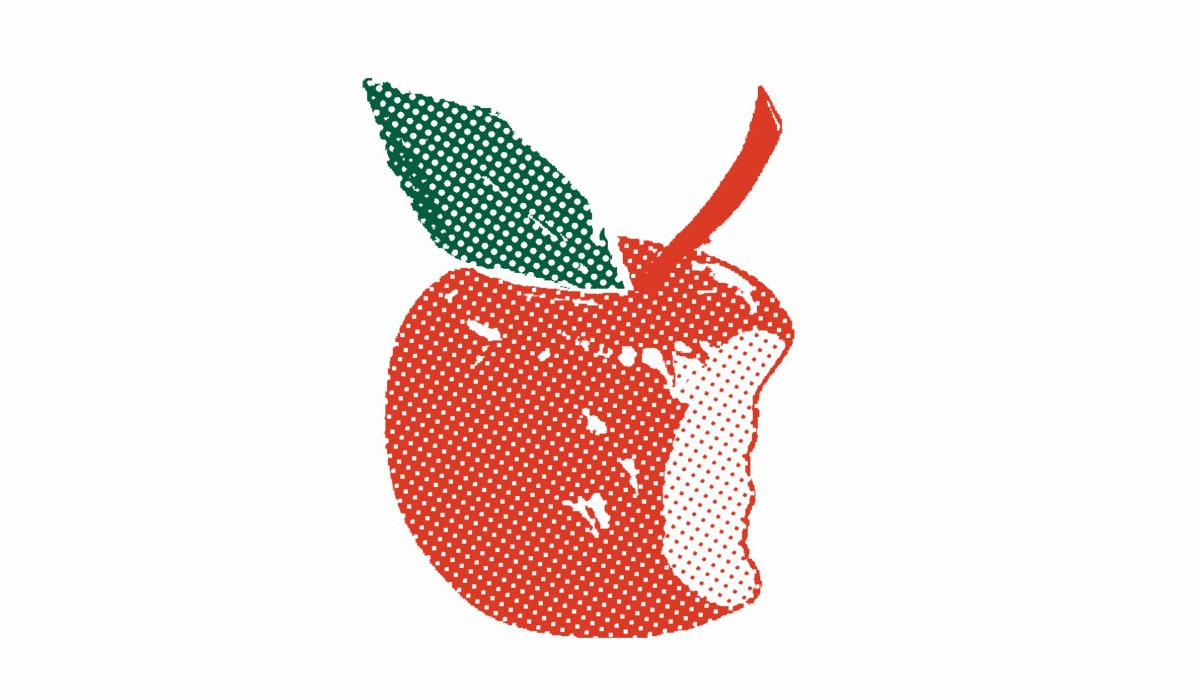 Photo: Virago
Photo: Virago
The feminist publisher Virago launched 50 years ago today in the midst of the wave of women’s liberation and industrial struggle. It was an important resource for those wanting to find out more about women’s lives. Lindsey German gives five recommendations from her bookshelves
- Women Workers and the Industrial Revolution 1750-1850 by Ivy Pinchbeck (1981). One of Virago’s great achievements was rooting out previously published work and making it widely available. Pinchbeck was one of several very important historians who were largely unknown. Her book is my source for a detailed study of how women worked, what the advent of industrialisation did to change it, and how it took them out of the home and into the factories.
- The Suffragette Movement by Sylvia Pankhurst (1977). Socialist, suffragette, artist and campaigner – the authentic voice of one of the most important women in 20th century British history. While there are criticisms of some of Sylvia’s view of events, it is a powerful testimony of hunger strikes, demonstrations, direct action, and the struggles of working-class women, written in a very readable style.
- Sexuality: a reader edited by Feminist Review (1987). This is an interesting collection including a range of sometimes conflicting views on sexuality, black lesbianism, abortion, and pornography. It reflects many of the concerns of the 80s and includes writing from some key feminists of the time. It broaches subjects about which there was still much controversy, some of which continue today.
- The Hard Way Up by Hannah Mitchell (1977). The autobiography of a working-class woman born in the Peak District, who went into domestic service as a young girl but who after marriage became involved in the movement for the suffrage and for labour, becoming a councillor in Lancashire during the Depression. It was unusual to hear the voice of a woman like her, and the introduction by historian Sheila Rowbotham gives a political context.
- Poor Cow by Nell Dunn (1988). Virago also published fiction, often from the early part of the 20th century, but this was from the 60s writer of Up the Junction – both were made into popular films. They described sex, working class lives, and repeated failures to escape their misery. Joy is a great heroine – loving and warm but constantly thwarted by what life throws at her.
Fund the fightback
We urgently need stronger socialist organisation to push for the widest possible resistance and put the case for change. Please donate generously to this year’s Counterfire appeal and help us meet our £25,000 target as fast as possible.
Tagged under:
Analysis
Lindsey German. Photo: Garry Knight / Flickr / Public Domain
07 Mar 2022
How a Century of War Changed the Lives of Women: resisting war, asserting our liberation
History
Protest for the Triangle Shirtwaist Factory Fire, 1911. Photo: Flickr/US National Archives
07 Mar 2019
A history of International Women’s Day
Theory
Teachers on the march in London, 2013. Photo: Anne Koerber
07 Mar 2015
A Feminist Manifesto for the 21st Century
Opinion
02 Nov 2013
Introduction to Sylvia Pankhurst: Suffragette, Socialist and Scourge of Empire
History
The photograph the government tried to hide. Suffragette Ada Wright collapses through police violence on Black Friday
18 Nov 2010

